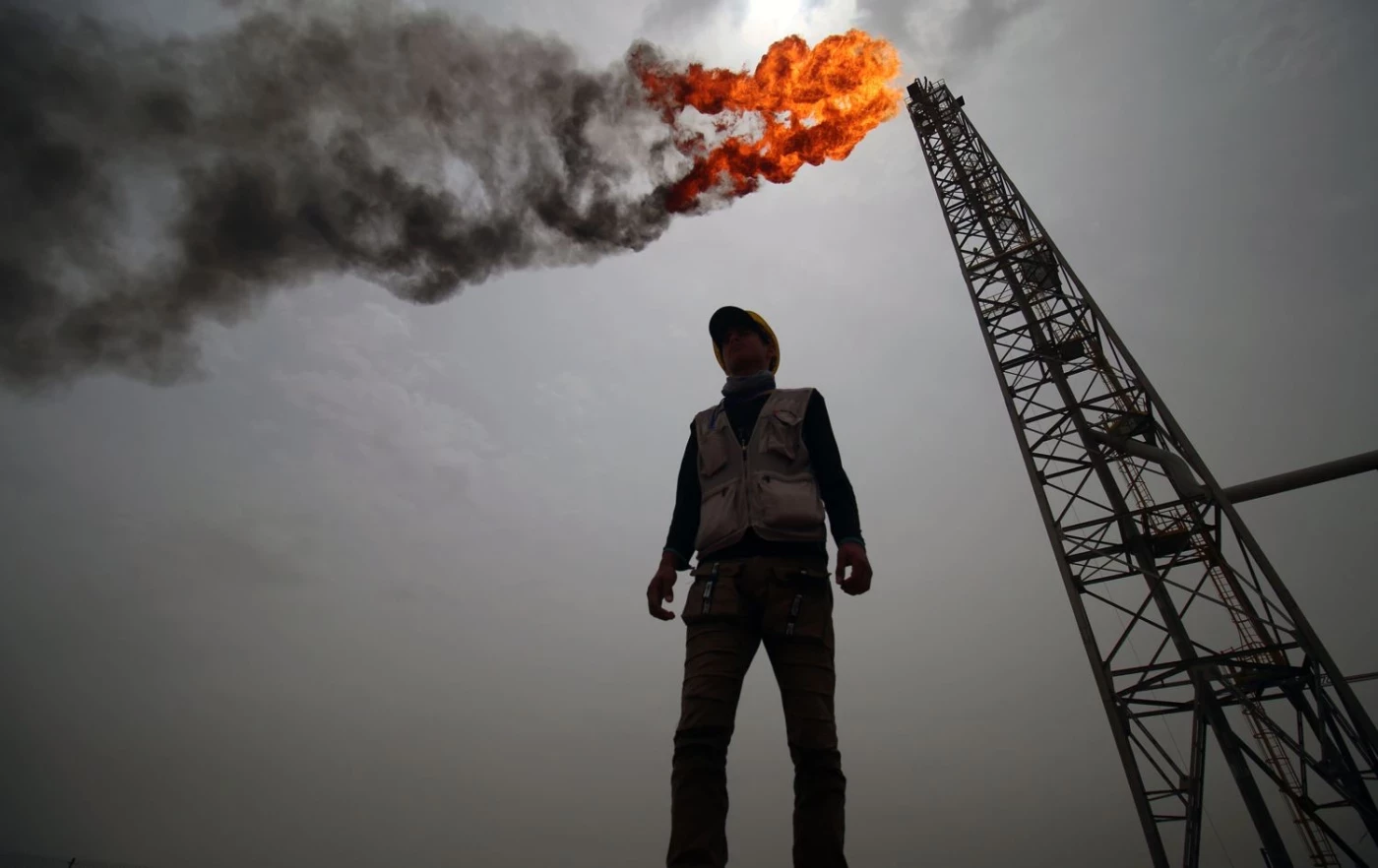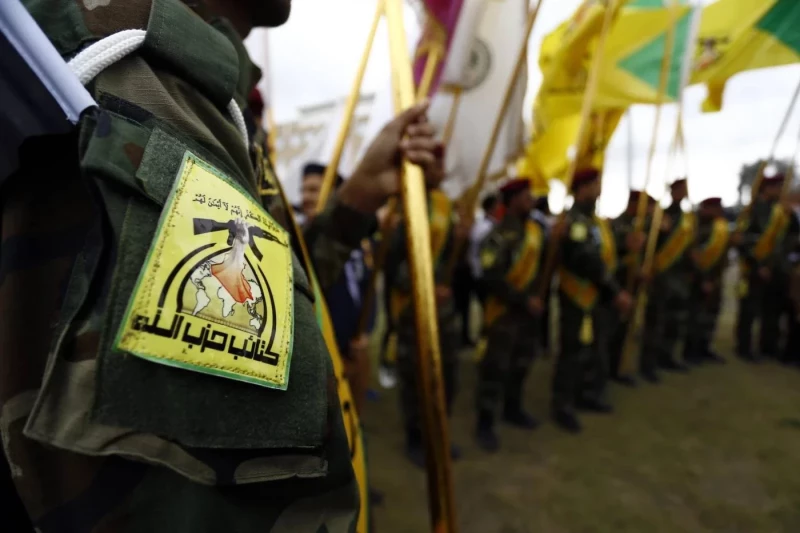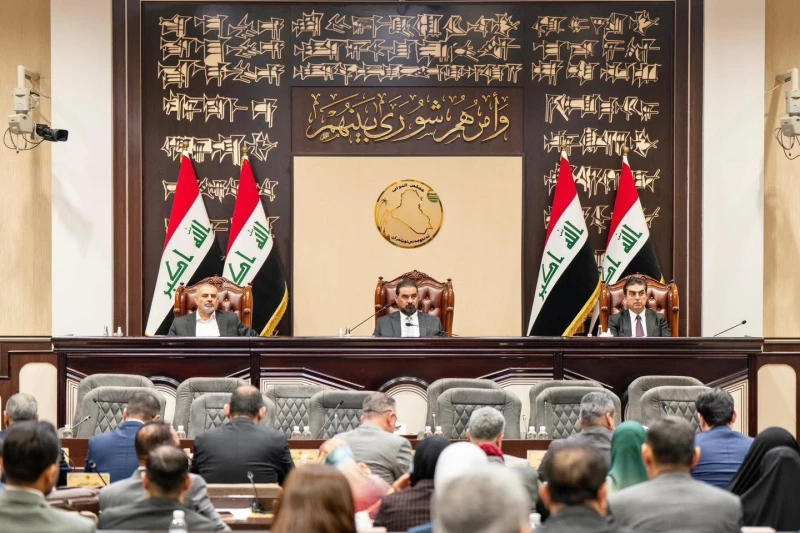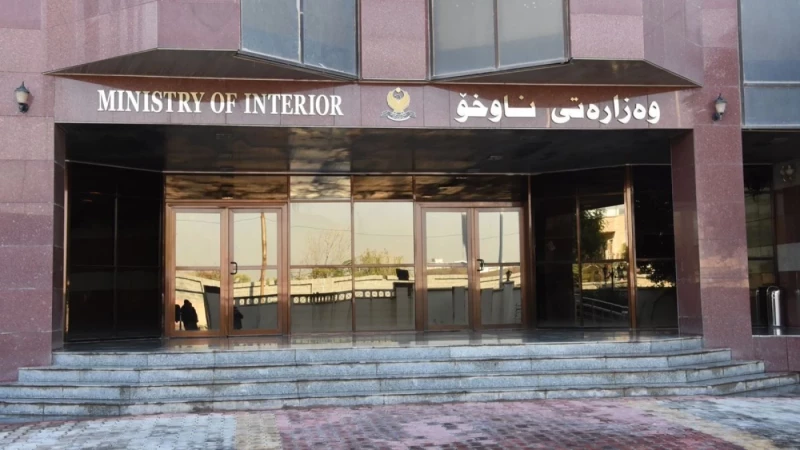HALABJA, Kurdistan Region of Iraq – A group of oil companies operating in the Kurdistan Region on Wednesday announced reaching “interim agreements” with Erbil and Baghdad to resume the Region’s oil exports, saying once the “milestone” deal is signed and implemented, it “should allow exports to restart in the coming days.”
“Eight international oil companies (IOCs) that represent together with the Kurdistan Regional Government’s (KRG) share, more than 90 percent of the Iraqi Kurdistan Region’s oil production, are pleased to announce that they have reached in principle interim agreements with the Government of Iraq (GOI) and the KRG to resume exports via the Iraq–Turkey Pipeline,” wrote the oil companies participating in the tripartite agreements in a statement sent to The New Region on Wednesday.
The IOCs’ announcement comes a day after the Iraqi Council of Ministers approved a tripartite agreement with Erbil and the oil companies to resume the Region’s oil exports, a decision that was welcomed earlier on Wednesday by the KRG during a regular cabinet meeting.
The companies underscored the “leadership” of Iraqi Prime Minister Mohammed Shia’s al-Sudani, and thanked Kurdistan Region Prime Minister Masrour Barzani, for their “commitment” and “resolution” in conjuring “a mutually satisfactory solution that benefits Iraq, the Kurdistan Region, and global energy markets.”
Exports of the Kurdistan Region’s oil through the Turkish Ceyhan pipeline were halted in March 2023 after Ankara lost a case against Baghdad in a Paris-based arbitration court. The case accused Ankara of breaching a 1973 agreement by allowing the KRG to start selling oil independently of Baghdad in 2014.
“This framework, once signed and implemented, should allow exports to restart in the coming days, while providing a path toward longer-term arrangements. The interim agreements are in compliance with Iraq’s 2023-2025 Budget Law and should then be updated following the completion of an independent consultant’s review,” the statement added.
Baghdad and Erbil announced in late February that they reached an agreement to resume the Kurdistan Region’s oil exports, but the process has yet to restart, with international oil producers demanding payment surety, transparent implementation of Iraq’s budget law stipulations, and resolution of payments that are in arrears before resuming the work.
“The agreed framework maintains the sanctity of existing contracts and provides surety of payment to IOCs,” it clarified, noting that a meeting will be held with the KRG in the next 30 days to iron out mechanisms of clearing the debts owed to the oil firms.
Earlier in the day, the KRG’s Ministry of Natural Resources announced that it “has fulfilled its obligations for oil exports from the Kurdistan Region, in coordination with the Federal Ministry of Oil of Iraq.”
The dispute between Erbil and Baghdad over oil exports, in addition to the mechanism of sharing the KRG’s non-oil revenues, has propped up a budgetary conflict between the two sides, leading to years of sanctions on the KRG by the Iraqi government.
“We are confident and optimistic that a win-win solution has been found and once fully signed by all relevant stakeholders, crude oil exports from the Kurdistan Region of Iraq will soon resume through the Iraq–Turkey Pipeline,” the IOCs’ statement quoted Russel Freeman, CEO of HKN Energy, as saying.
The Iraqi Parliament passed an amendment to the Federal Budget Law in early February, which obliges Baghdad to reimburse Erbil for the production and transportation cost of one barrel of oil at the average cost of production and transportation of the federal oil ministry.
The cost was previously valued at $6, which the IOCs repeatedly criticized as being way lower than their actual expenses. According to the amendments, the IOCs would be paid $16 to in the first phase, before an independent technical consultant team is assigned to assess the extraction cost.
The New Region has recently learned that the IOC will now receive crude oil instead of monetary reimbursement to satisfy their demands of payment guarantees.



 Facebook
Facebook
 LinkedIn
LinkedIn
 Telegram
Telegram
 X
X


